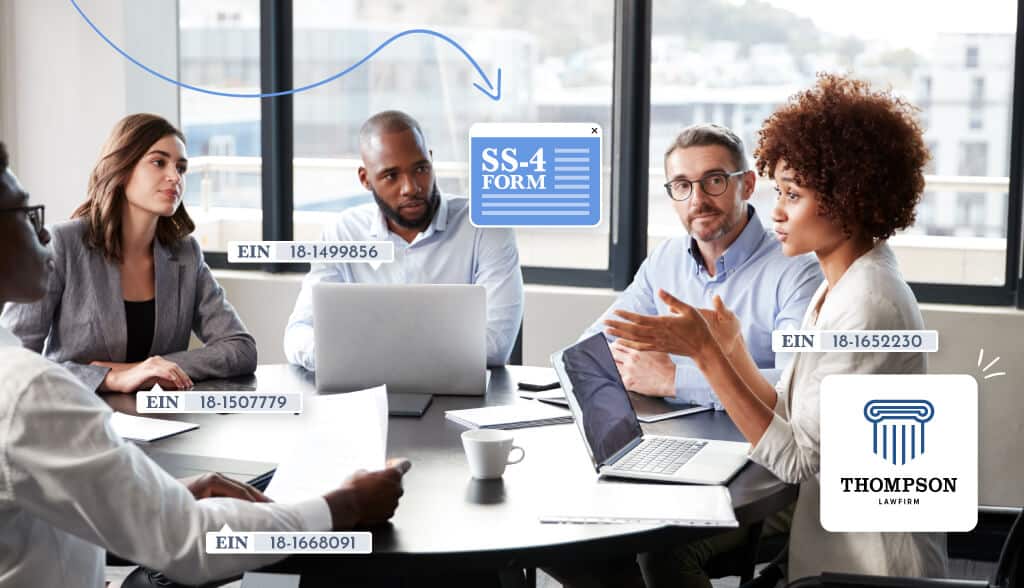An Employer Identification Number (EIN) is like a Social Security number for your business.
Don’t you love government abbreviations!
An EIN’s purpose is to enable the Internal Revenue Service (IRS) to identify your business entity and track the reliability of your tax reporting.
While most US businesses need an EIN to operate, there are exceptions.
But even if your business doesn’t require an EIN, there are benefits to having one that can help you grow and succeed.
In this post, I explain all, with as few abbreviations as possible!
Do I Need an EIN if I’m Self-Employed?
No, if you’re self-employed and trade as a single-member LLC or a sole-proprietorship, you don’t need an Employer Identification Number because you can pay your taxes using your Social Security number.
However, self-employed people often choose to use an EIN instead of an SSN to reduce the risk of identity theft.
And there are 7 other reasons for getting an EIN; I’ll discuss those in just a minute.
But first, let’s look at how LLCs (Limited Liability Companies) use an EIN.
Does an LLC Need an EIN?
Multi-member LLCs (those with over one owner) and LLCs with employees need an Employer Identification Number.
Only single-member LLCs with no employees can operate without an EIN, but even then there are exceptions!
When Does a Single-Member LLC Need an EIN?
The Internal Revenue Service taxes single-member Limited Liability Companies as a disregarded entity, similar to a sole proprietorship. It means the IRS treats the LLC’s income as the owner’s income (it’s called pass-through taxation).
So, you don’t need an EIN unless:
- The LLC owner pays tax as a corporation
- You employ someone
- You have excise tax liabilities
Excise taxes apply to businesses selling alcohol, tobacco, and fuel, as well as other goods and services.
But even if your business isn’t legally required to have an EIN, getting one is worthwhile.
7 Benefits of Having an EIN
For many small business owners, an EIN is like a magic key that unlocks various benefits.
Your business’s EIN enables you to do a range of things it otherwise might not be able to do.
Let’s check it out:
1. Prevent identity theft
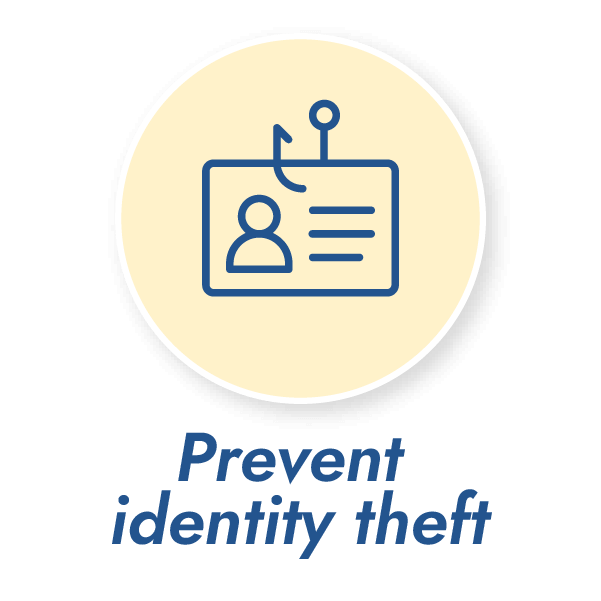
An EIN helps prevent identity theft because it separates your business finances from your private ones. When you have an EIN, you no longer have to provide your SSN to prospective vendors and clients.
2. Open a business bank account

Sure, some banks allow sole proprietorships and single-member LLCs to open business accounts without an EIN, but not all. If yours doesn’t, having an EIN will save you the trouble of opening a new account.
3. Add credibility as an independent contractor or freelancer
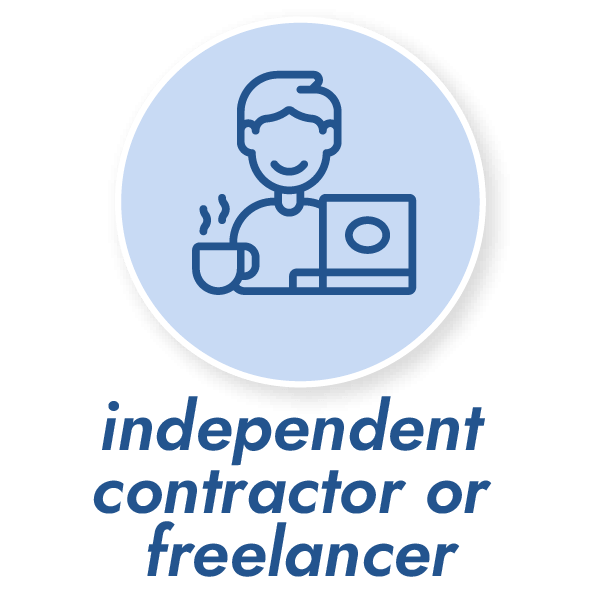
For independent contractors and freelancers, every client counts.
Some clients often require you to provide either your SSN or EIN so that they can provide you with a 1099 tax form.
So, if you’re a freelancer, having an EIN increases your credibility and shows clients you’re running a professional business, increasing your chances of landing those crucial contracts.
4. Helps build trust with vendors
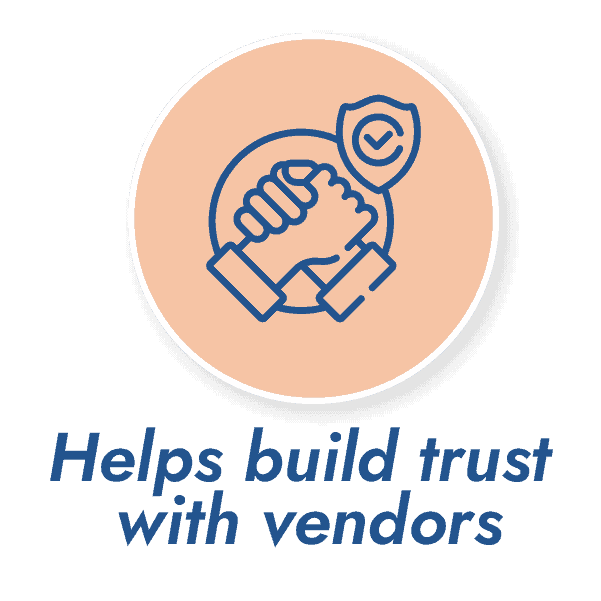
The same applies to vendors.
Most small-business owners rely on suppliers and vendors to run their business. Having an EIN helps instill trust, increasing their likelihood of doing business with you.
Third-party suppliers often need to check your company’s credit to ensure you’re a reliable partner who’ll pay on time. It especially applies to wholesalers, as they often run EIN checks before establishing a partnership with a new business.
5. Filing business taxes, getting deductions, and avoiding penalties
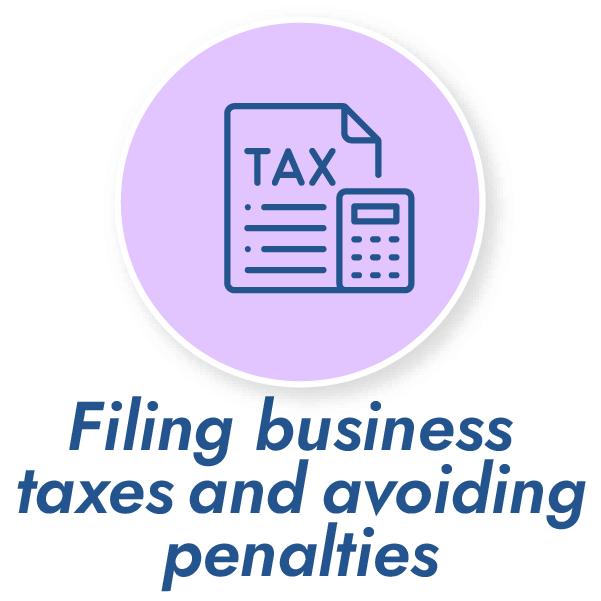
If you can’t provide your EIN on tax day and need to have one, the IRS will require you to complete and submit extra paperwork. And if you don’t file this paperwork on time, the IRS could refuse your tax filing resulting in penalties.
Suppose you want to claim allowable tax reductions and benefits, like home office deductions (when you run a business from home). In that case, not having an EIN can limit your chances.
6. Establishing business credit
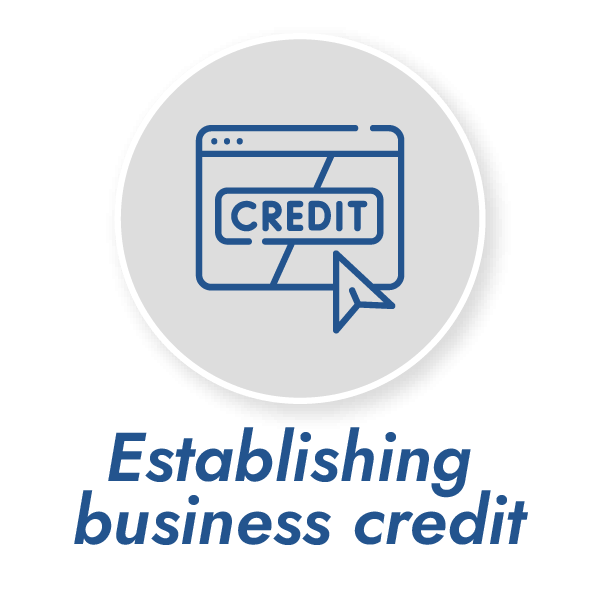
EINs are also essential for establishing your business’s credit history.
Your business has a commercial credit report similar to your personal credit history. But instead of evaluating your finances, a business credit report contains a record of historical payments and credit accounts.
This is why having an EIN is essential because anytime you use your EIN when applying for credit, your business credit report will appear on your account. This shows creditors you’re a reliable business that repays its loans on time every time, which will increase your chances of obtaining credit on more favorable terms, such as at a lower interest rate.
7. Speeding up business loan applications

An EIN also speeds up the process when you apply for a business loan. Now, most creditors (loan companies) don’t require you to have an EIN. Still, they need you to have business licenses and permits showing you’re approved to do business.
However, many loan companies require you to have a business bank account showing recent deposits and periodic loan repayments.
And some banks won’t give you a business account without an EIN, so having one can help you expedite the process.
Okay, benefits aside, now let’s look at the most regularly asked questions regarding EIN and limited liability companies.
Do I Need a Separate EIN for my LLC?
If you’re working alone, similar to a sole proprietorship, but doing business as an LLC, you don’t need a separate EIN to run your business. You can use your Social Security number.
Unless you have employees or, as mentioned, are liable to file excise tax returns because you sell tobacco, alcohol, or fuel.
Is an EIN the Same as an SSN?
There’s one key difference between an Employer Identity Number and a Social Security Number: An EIN is for business and an SSN is for people.
However, that often confuses because, given certain circumstances, an SSN is usable for federal tax.
For example: Sole proprietors who don’t file pension plans, excise tax returns, and don’t have any employees don’t need an EIN. Instead, they can use their SSN as their Tax Identification Number (TIN).
Disregarded entities, such as single-member LLCs without employees and no excise tax liability, also don’t require an EIN. They can also use their SSN as their TIN when filing income tax returns.
Is an EIN the Same as a TIN?
A Tax Identification number (TIN) is a 9 digit identification number issued by the Internal Revenue Service (IRS) and used to identify and track individuals when reporting taxes.
The difference is that a Tax Identification Number is used to identify taxable individuals while an Employer Identification number is used to identify companies in the U.S.
A TIN is also referred to as a Tax I.D. number or a 95 Number.
Do I Get an EIN or Form an LLC First?
You must first form your LLC beforegetting an EIN because the IRS asks for your legal business name and business formation date on the EIN application.
You register your business name when filing your articles of organization with your state.
But before you file your LLC application, research your chosen business name to ensure it’s available as an LLC name in your state and isn’t trademarked at a national level.
If your chosen LLC business name is already registered or too similar to another business, your secretary of state’s office might refuse your application. Which would be really costly since LLC filing fees are expensive and non-refundable.
What You Need When Applying for an EIN
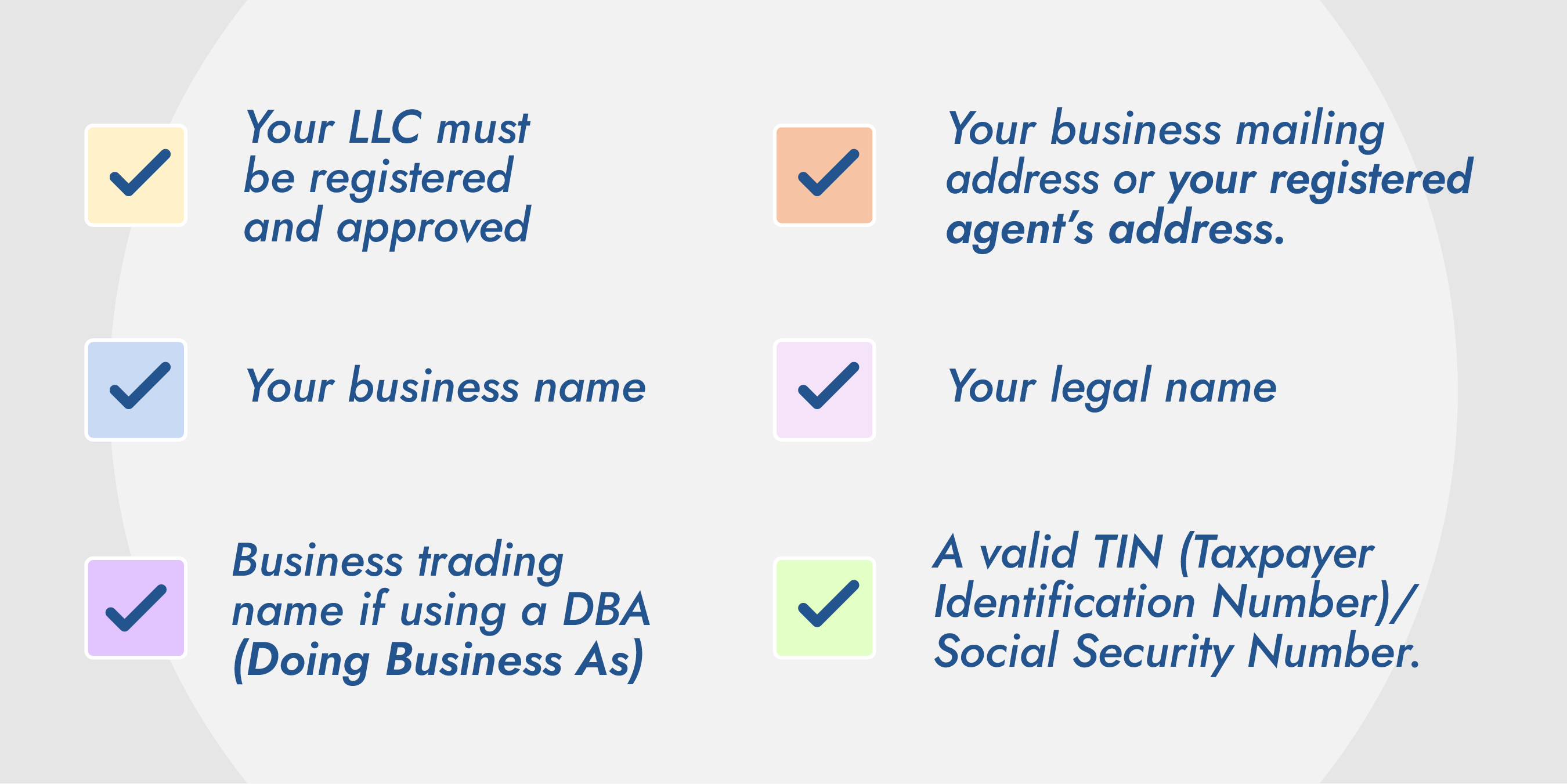
You need the following 6 things to apply for an EIN:
1. Your LLC must be registered and approved
2. Your business name
3. Business trading name if using a DBA (Doing Business As)
4. Your legal name
5. Your business mailing address or your registered agent’s address
6. A valid TIN (Taxpayer Identification Number) / Social Security Number
Note: Only U.S. territory and United States-based businesses are eligible for an EIN.
How to Apply for EIN
The IRS issues all Employer Identity Numbers and it’s easy to get. All you have to do is fill out a one-page form.
You can, of course, hire an attorney to help you complete all necessary forms to ensure you provide the correct information and don’t miss any essential steps.
There are 4 ways to apply:
1. Applying Online: The easiest way to get an EIN is to apply to the IRS website using the EIN Assistant.
2. By mail: If applying by mail, the IRS advises you to send your application at least 4 weeks before you need your EIN. Included with the IRS Form SS-4 and your SSN or TIN. The mailing address is the Internal Revenue Service, EIN Operation, Cincinnati, OH 45999.
3. By telephone (international applicants only): International applicants can call 267-941-1099, Monday to Friday, 6.00 am to 11.00 pm (Eastern time).
4. Fax: Yes, you can send your EIN application by fax to (855) 641-6935. You can only apply by fax using your TIN, and the service is available 24 hours a day, seven days a week.
How to Recover Your EIN if you Forget or lose it?
If you lose your EIN, you have 2 options to retrieve it:
1. Call the IRS Telephone help for Businesses line
2. Or call the IRS EIN Department at 1-800-829-4933, where you can talk with a representative
Hours of operation are from 7.00 am to 7.00 pm, Monday to Friday. Once the IRS verifies that you’re the responsible party (you’ll need your SSN), they’ll provide you with your EIN.
Conclusion
An EIN is free and easy to get, and the benefits of having one when establishing and running your business are substantial.
So, even if you don’t legally require one right now, you might in the future.
Why wait?
